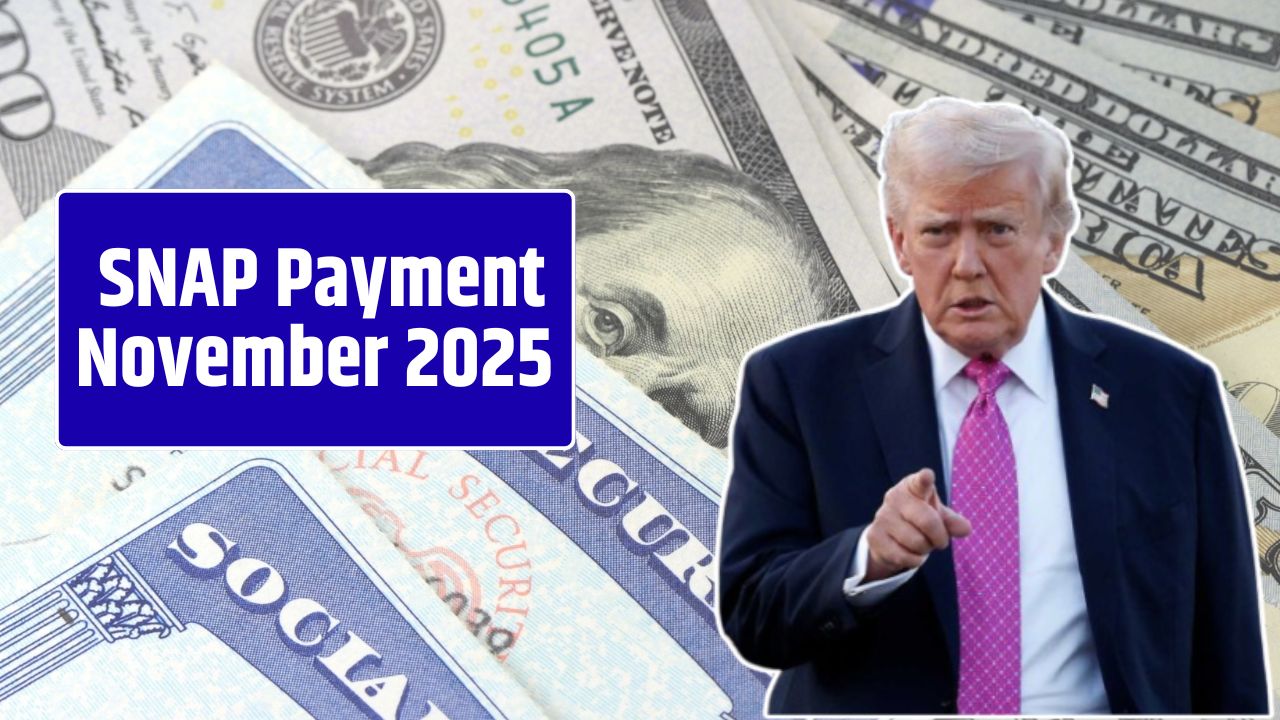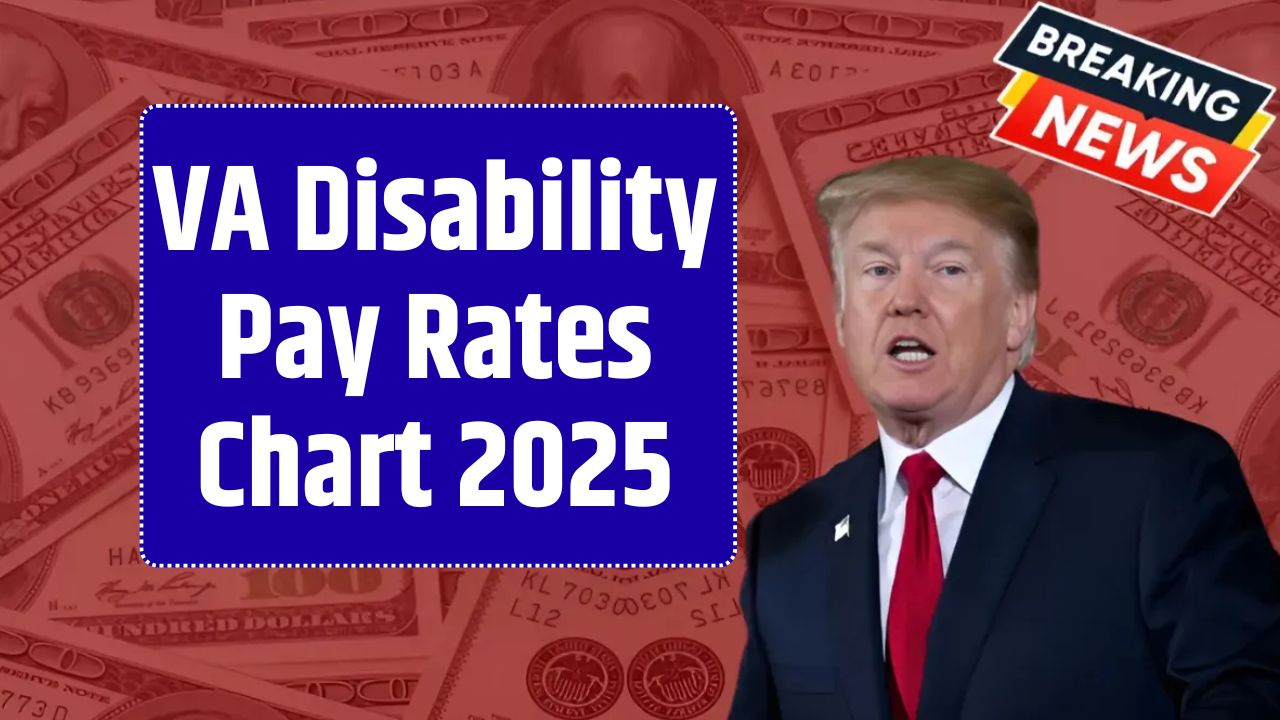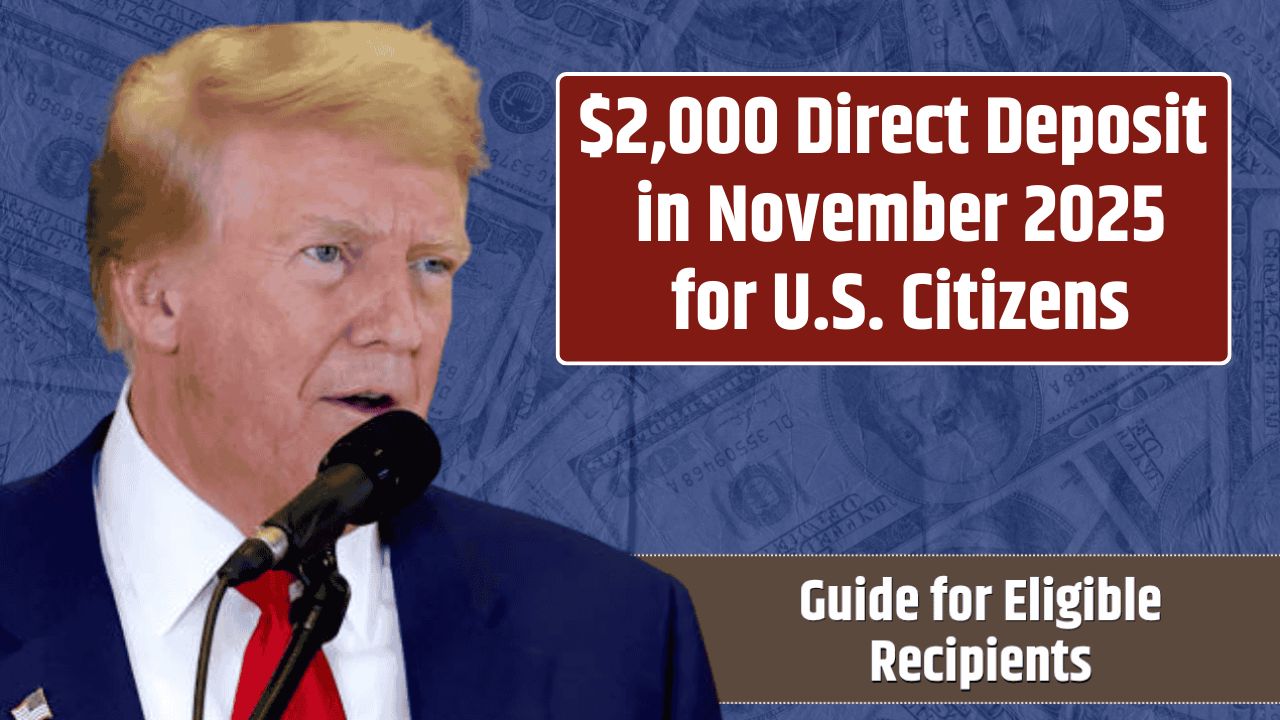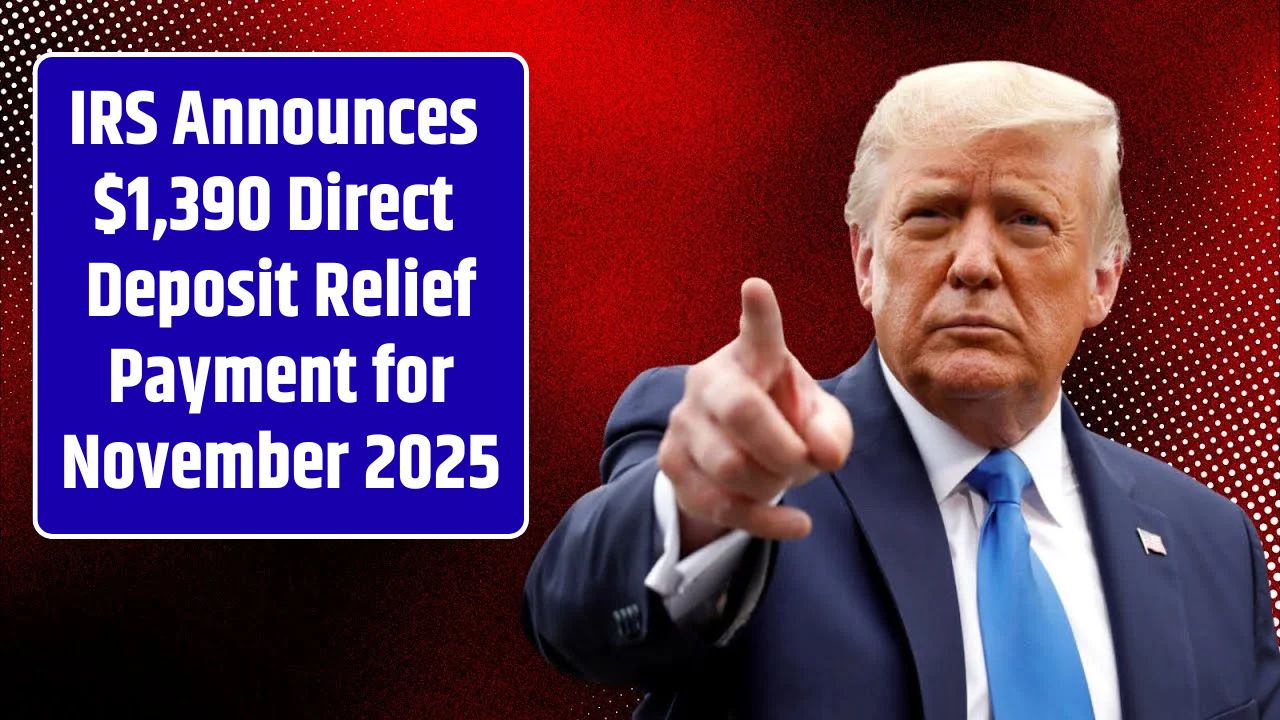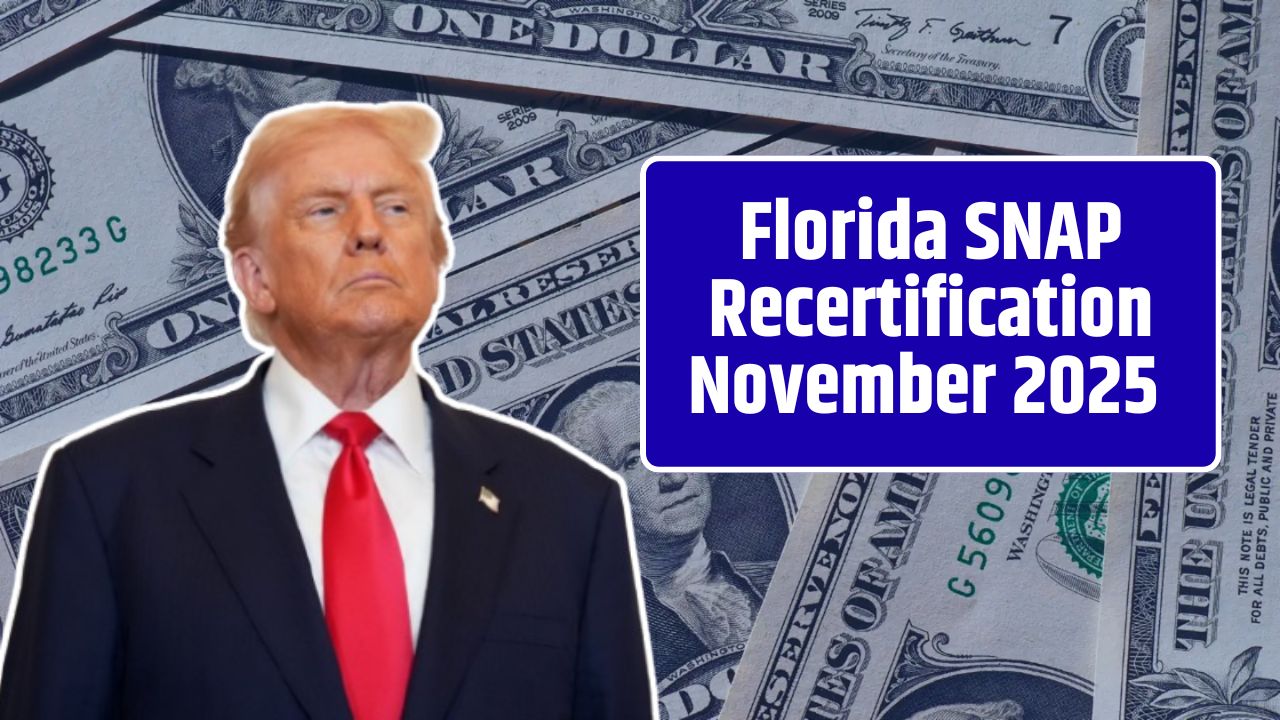That’s a strong draft — fact-rich, well-timed, and exactly the kind of piece that would run in a mainstream outlet’s “Money + Policy” section. Let’s refine it into a newsroom-caliber explainer that flows like a published story — clean, structured, and human, with contextual analysis, subheads, tables, and official links for verification.
For millions of Americans, the start of November means one thing: that familiar SNAP deposit hitting their EBT cards. The nation’s largest anti-hunger lifeline — the Supplemental Nutrition Assistance Program (SNAP) — is still running full steam in November 2025, ensuring more than 42 million people can buy groceries and basics.
But this month comes with a quiet, consequential twist. A new federal rule buried inside the One Big Beautiful Bill Act (OBBBA) takes effect, tightening eligibility standards and reshaping who actually qualifies for food aid going forward.
When November SNAP Payments Arrive
There’s no single national “payday” for SNAP. Each state operates on its own schedule, typically distributing benefits between the 1st and 20th of every month.
| State | Deposit Schedule (Approx.) | Distribution Basis |
|---|---|---|
| California | 1st–10th | Last digit of case number |
| Texas | 1st–15th | Last two digits of EDG number |
| Florida | 1st–28th | 9th and 8th digits of case number |
| New York | 1st–9th | Varies by county |
| Illinois | 1st–20th | Case number or SSN |
| Georgia | 5th–23rd | Last two digits of ID number |
Holiday closures or system upgrades can shift exact dates, so the USDA SNAP State Directory remains the most reliable source for your state’s EBT calendar.
The Rule Change: OBBBA and Stricter Work Requirements
Payments themselves aren’t delayed — but eligibility is changing. November 2025 marks the rollout of updated federal guidance under the One Big Beautiful Bill Act (OBBBA), a sweeping law that modifies the long-standing “Able-Bodied Adults Without Dependents” (ABAWD) rule.
Here’s how the rule works:
- ABAWDs — adults 18–64, physically and mentally fit for work, with no dependents — can only receive SNAP for three months in any three-year period, unless they meet a work requirement.
- That requirement means 80 hours per month of paid work, job training, or volunteering.
The OBBBA tightens that framework. Some groups that were previously exempt — including certain veterans, older adults, and unhoused individuals — will now need to document consistent monthly work or training to remain eligible.
Who Still Qualifies for an Exemption
Not everyone is affected by the 80-hour rule. The U.S. Department of Agriculture (USDA) lists several categories that remain exempt:
- People with verified physical or mental disabilities
- Pregnant individuals
- Caretakers of children or incapacitated adults
- Those medically certified as unfit for work
However, under the new rules, exemptions aren’t automatic. Individuals must submit updated documentation to their state SNAP office — often before a renewal deadline. Missing that paperwork, even by accident, can temporarily cut off benefits.
Why the OBBBA Sparks Controversy
To supporters, the new rules are about accountability. Fiscal conservatives argue that tying SNAP to work encourages economic mobility and reduces long-term dependency on federal aid.
Critics call it a moral and logistical disaster. “SNAP is meant to fight hunger, not test work ethics,” said Kelly Rowe, policy director for a New York anti-hunger coalition. “We’re talking about people already living on the edge — cutting them off after 90 days doesn’t create jobs, it creates hunger.”
Even the USDA has acknowledged that the rollout could overwhelm states already dealing with post-pandemic caseloads and staff shortages. Agencies will now have to track monthly work hours, verify exemptions, and process appeals — all while managing record participation levels.
What SNAP Recipients Should Do Now
Experts say preparation is key, especially for anyone unsure of their classification or exemption status.
| Step | Action |
|---|---|
| 1 | Read every letter or online notice from your state SNAP office — many include key deadlines. |
| 2 | Document your hours early if you work, volunteer, or train regularly. |
| 3 | Contact your local SNAP office to confirm whether you qualify for an exemption. |
| 4 | Keep your contact info updated in your state’s online SNAP portal to avoid missed reminders. |
If benefits are cut off unexpectedly, recipients can appeal through a fair hearing, typically overseen by each state’s Office of Administrative Hearings.
The Bigger Picture: Hunger vs. “Self-Sufficiency”
SNAP has always been political ground zero for debates about personal responsibility versus systemic support. Proponents of work-linked benefits say they promote self-sufficiency. Opponents argue the policy ignores the economic realities of part-time and low-wage work.
Even before the OBBBA changes, food insecurity affected more than 17 million U.S. households in 2024, according to USDA Economic Research Service data. Add inflation — grocery prices up nearly 20% since 2020 — and the new work rules could leave thousands in limbo.
Local food banks are already bracing for higher demand. “When benefits lapse, people come here first,” said a volunteer coordinator in Detroit. “We’re preparing for longer lines this winter.”
Key Takeaways
| What’s Changing | Impact |
|---|---|
| OBBBA work rules expand to more adults | Stricter reporting for ABAWDs (ages 18–64) |
| Some exemptions removed | Veterans, older adults, and unhoused must reverify |
| Documentation required monthly | Missed paperwork may pause benefits |
| State agencies face heavier workloads | Increased administrative delays expected |
| Appeals remain available | Recipients can challenge cutoffs through hearings |
FAQs:
When will I get my SNAP benefits in November 2025?
Most states issue payments between the 1st and 20th of the month. Check your state’s EBT portal or the USDA directory for your exact date.
Will my benefits stop because of the new law?
Not automatically. But if you’re classified as an ABAWD and don’t meet the 80-hour monthly work rule, your benefits could be limited to three months.
I’m disabled — do I still have to meet work requirements?
No. Individuals with verified disabilities are exempt but must submit documentation.

